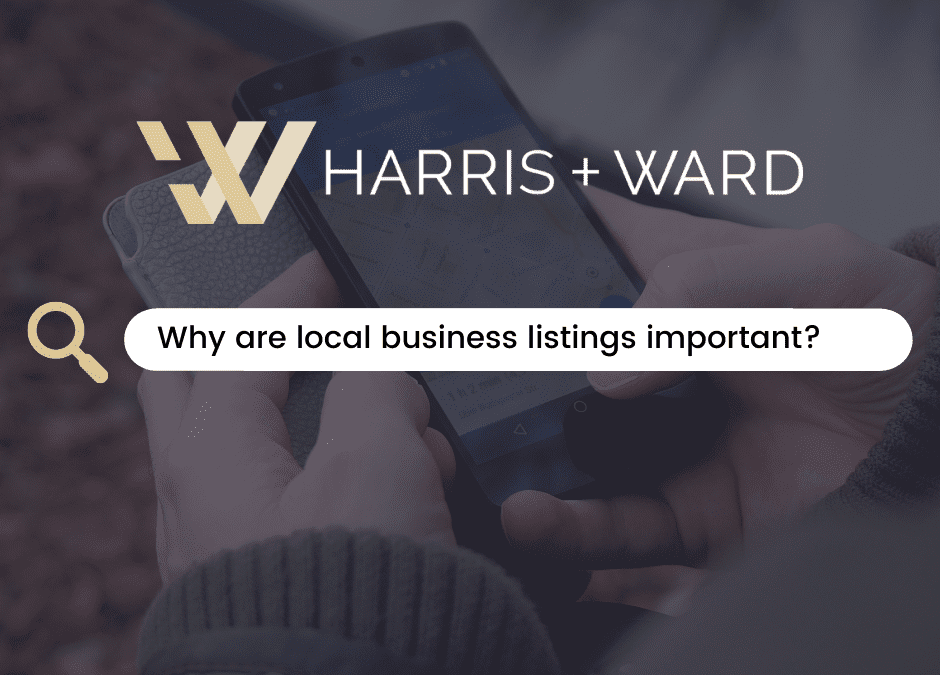
These Are the Different Types of SEO You Need to Know
Did you know that 71-92% of search engine users don’t click past the first page after making a query?
The statistic surprised us, too, but it’s undeniably true. If you want your business to be successful online, it’s essential that your page is on the first page of Google rankings.
But how can you make this happen? The answer lies in search engine optimization (SEO). Read on to learn the main types of SEO and how you can begin executing a comprehensive and effective optimization strategy!
On-Site SEO
Generally, there are two categories that an SEO strategy can fall under: on-site and off-site. On-page SEO is a term used to refer to manipulations that a site builder makes within their own website to make it more appealing to both consumers and crawlers. It’s the most direct way to get your page to rank and there’s no need to rely on external pages and off-site factors.
Conducting keyword research and finding high-volume keywords to put onto your site is arguably one of the most important aspects of on-site SEO. These keywords stand out to Google crawlers when they are inserted into descriptions, page information, and blog posts. Crawlers then believe that your page is relevant to the keywords that get the most searches in relation to your page and place you at the top of the search results for these terms.
However, this is not the only important aspect of on-page SEO. The relevance, semantics, and engagingness of the content that you include on your page are also critical. If site visitors aren’t engaged by your content, they’re likely to click away within 15 seconds of coming to your page. This looks fishy to search engine crawlers who then believe your page to be irrelevant and unreputable.
Technical SEO
Technical SEO refers to certain on-page SEO strategies that are concerned with making your page run more efficiently. Improving the technical aspects of your website is an important way to make it more appealing to search engine spiders. This includes things like improving site speed, making the page easier to crawl, and updating system content regularly.
One of the most important parts of technical SEO is manipulating the HTML of your website. Include keywords and short, searchable phrases in the descriptions, headers, and alt/meta tags on your page. Additionally, make sure your blog posts have clickable titles that will keep people on your page.
Using SE indexing and appropriate URLs is also important. Sites that have been appropriately indexed are easier for Google crawlers to understand and index within the wider internet. As a result, they will believe your site to be credible and well-maintained, which makes it rise in the rankings.
Off-Site SEO
Off-page SEO refers to manipulations that you do on parts of the internet that aren’t your website to drive traffic to your page. You don’t change anything on your webpage, but instead are trying to get people on other parts of the net to visit it. The main goal of this is to build your credibility with consumers and make crawlers also view your site as reliable.
Most people associate off-site SEO with link building, and with good reason- establishing appropriate backlinks is one of the most important ways to optimize your webpage. A backlink is a link that you incorporate within a blog post that takes the reader to another relevant, reputable website that they may be interested in. These links are related to the content and have an anchor text of between 2-5 words.
When search engine crawlers see backlinks on your site, they immediately associate you with the page that your content links to. If you pay for quality link-building services, you’ll only be associated with pages that have been proven reputable. This will lead to you being indexed higher on Google because you’ll be viewed as on par with these already high-ranking pages.
Comprehensive Off-Page Strategies
However, executing a comprehensive off-page SEO strategy requires much more than simple backlinks. You also need to have inbound links to your website on other areas of the internet. This will drive traffic to your site and get you higher traffic. It also will make your page appear reputable since it has been found relevant and cited more often than your competitors.
There are a few ways that you can get inbound links, the first one being guest posting. You can purchase guest post packages from SEO experts, which essentially is you paying for another reliable site to use you as a backlink.
However, this isn’t always necessary. You can also link to your own website on social media platforms like Twitter and Facebook. This is also a great way to make your social media pages more interesting to those who follow you. You can show relevant blog posts and services to people who are already interested in your business and they’ll follow the link to your page. It’s a win-win situation!
Building trust in your consumers is also a good off-page strategy. Positive reviews that mention you are categorized as good citations by crawlers, as are indirect mentions on other websites (including social media platforms). The more often your website name is shared, the more reputable you look.
Which SEO Marketing Techniques Are Right for You?
So, should you use on-site SEO for your business? Or would off-site SEO be better?
The answer to this is that you need both on-page and off-page SEO if you want to rank. Your competitors are using comprehensive strategies, and if you neglect one type of SEO, you’re sure to fall behind those who are investing in more well-rounded solutions. However, it’s also important that you ensure that you’re investing in white hat SEO rather than black hat alternatives.
White hat SEO refers to getting SEO content that has respect for your competitors and your industry as well as your client’s time. This means having relevant and engaging fresh content, natural keyword density, and links to and from relevant sources in your industry. This is in contrast to black hat SEO, which creates duplicate content, has keyword stuffing, and cloaks text and links that have been farmed from other sources.
Using black hat SEO could get you thrown to the bottom of Google rankings if you’re caught. Plus, duplicate content that’s been overstuffed to the brim with keywords just isn’t quality content.
So, to recap: you want white-hat SEO services that perform both on-site and off-site SEO.!
Get Started With Different Types of SEO
Now that you know the main types of SEO, it’s time to begin optimizing your website to its fullest potential.
Contact us with any lingering questions that you may have about SEO and how it can benefit your webpage. Our experts are happy to chat and come up with a comprehensive strategy to optimize your webpage, so we look forward to hearing from you soon!










